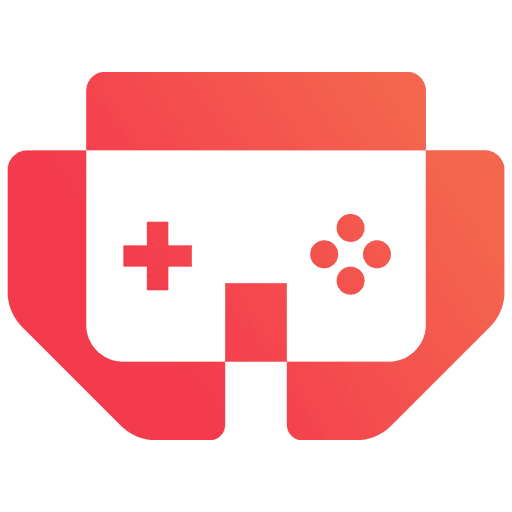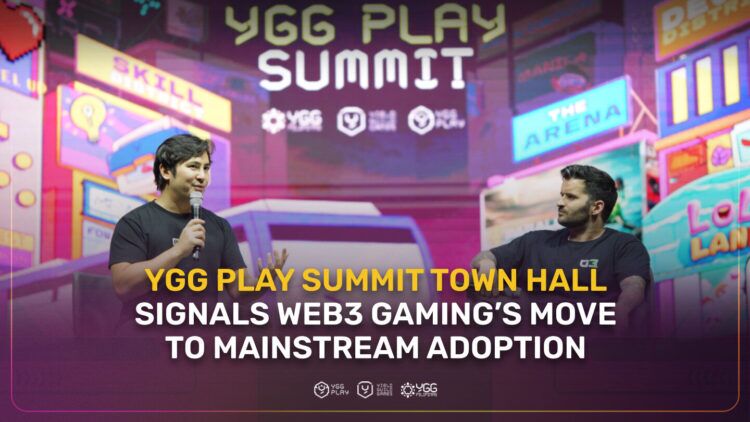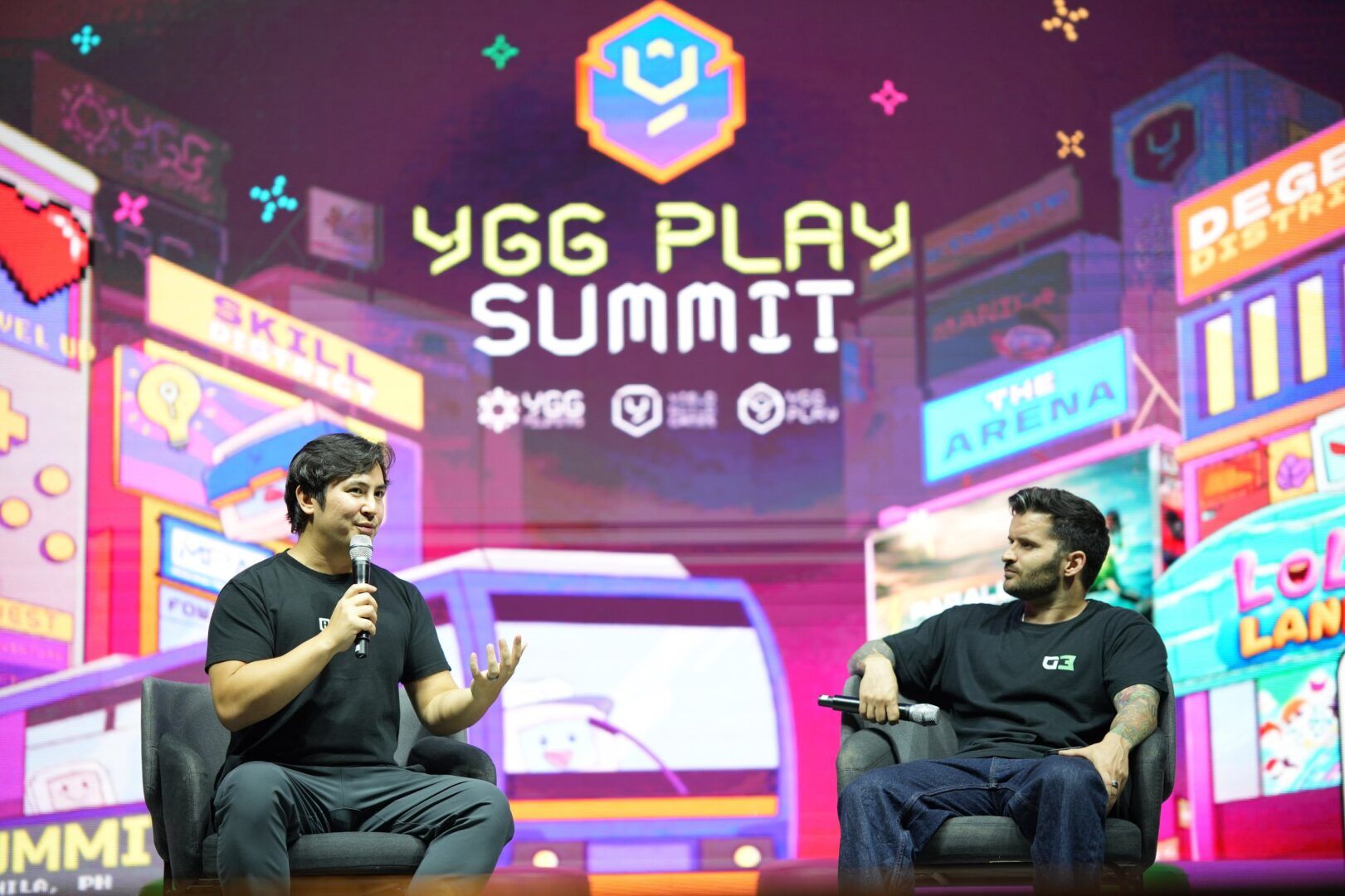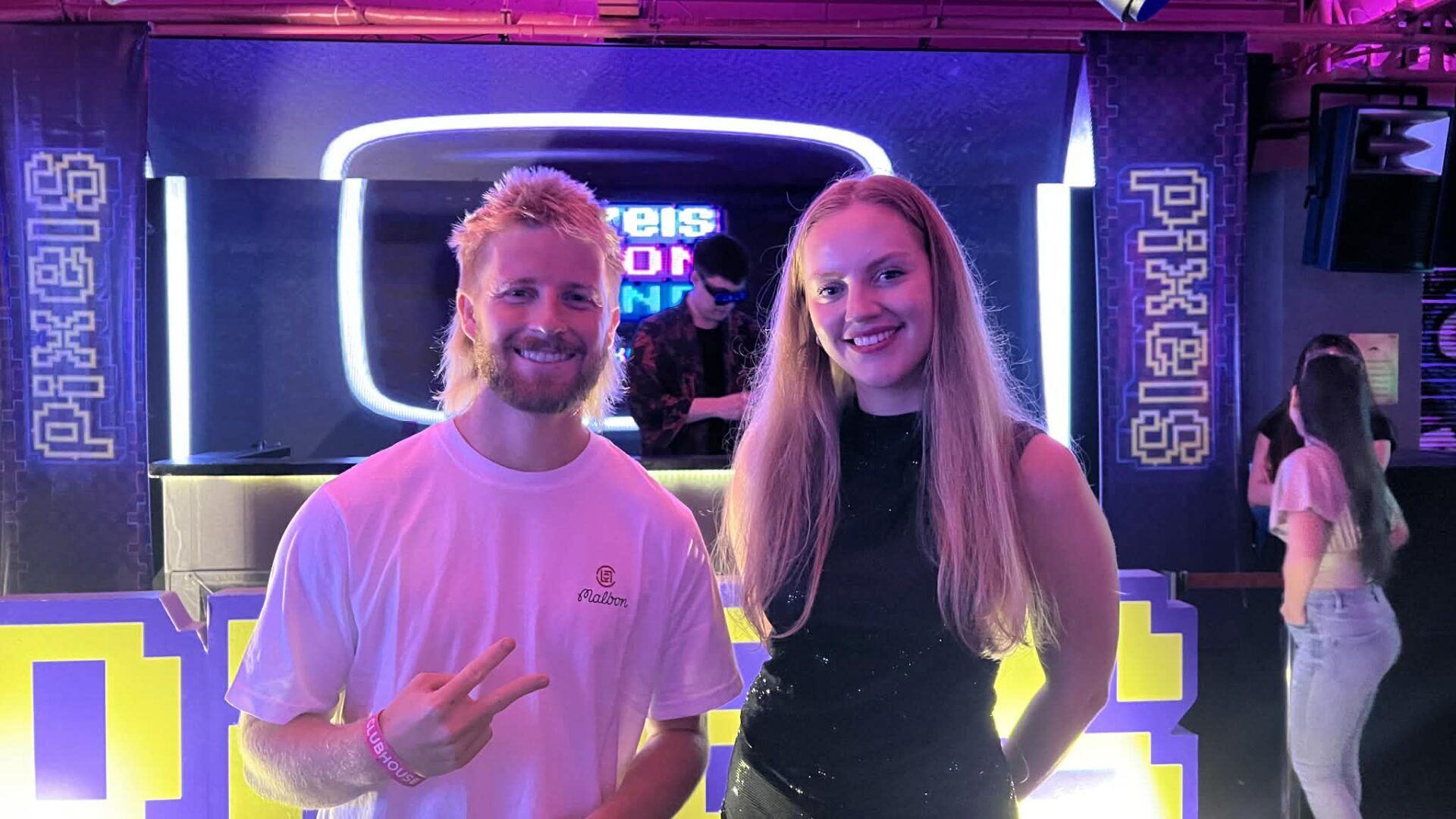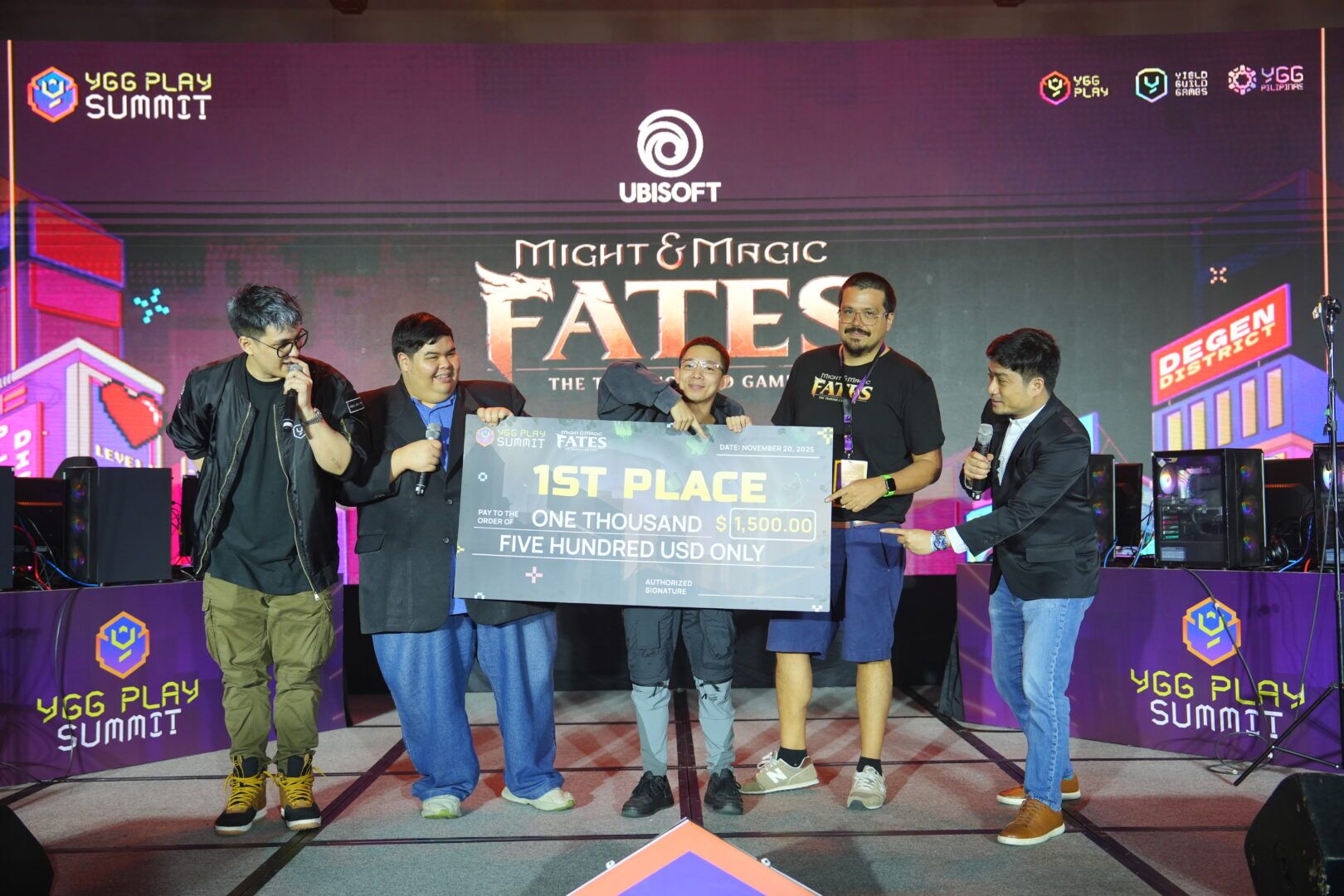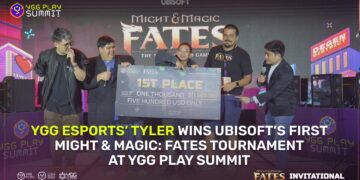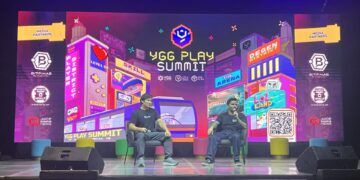Quick Take
- DICT says Web3 gaming supports digital transformation and job creation in the Philippines
- Leaders from Sky Mavis, OpenSea, and Pixels focus on real platforms and sustainable game models
- Live podcasts, game demos, and tournaments power strong turnout across the City of Play
The YGG Play Summit held its Town Hall event on November 20 at Samsung Hall in SM Aura Premier, Bonifacio Global City. Industry leaders, builders, and community voices took the stage to discuss how Web3 gaming is transitioning into a more scalable and integrated part of the global gaming ecosystem.
The event opened with remarks from Emmy Lou Versoza-Delfin, Regional Director for the Department of Information and Communications Technology (DICT) in MIMAROPA. She said Web3 gaming in the Philippines is advancing toward a mature phase aligned with national digital transformation goals. Her comments pointed to how onboarding through familiar platforms can accelerate both access and job creation.
“At the heart of digital transformation are the people, our students, our professionals, and communities,” she said. “Programs like this don’t just teach skills. They open doors, build confidence, and ignite creativity.”
Building on Rails That Already Work
The first set of talks centered on meeting players where they already are. Sky Mavis co-founder Jeffrey “Jihoz” Zirlin and Gunzilla Games Director of Web3 Theodore Agranat each emphasized that scaling Web3 games means integrating with proven platforms, not reinventing distribution.
Jihoz said the next phase of Ronin is about doing what Nintendo did, using Ethereum as a base and focusing on polished, curated experiences that onboard players through games, not wallets.
Agranat shared how Off The Grid is expanding to Steam and PlayStation while weaving in Web3 mechanics that enhance, not interrupt, gameplay.
Oliver Maroney, Head of Business Development and Partnerships at OpenSea, said gaming has always been one of the clearest use cases for crypto. He emphasized that abstraction is now key to growth.
“To get crypto adoption to the next level, you have to abstract the chains and tokens,” said Maroney. “It has to be seamless and easy to understand. If I have PENGU, I should be able to buy my LOL Land item with one click on OpenSea. That is where we’re going.”
Pixels founder and CEO Luke Barwikowski described how the play-to-airdrop model helped lead into PIXEL’s 2024 launch. He said that blending Web2 user acquisition with token-based incentives is where game economy design is heading.
“I am looking way more at what’s working in Web2 right now than I am in Web3,” he said. “We have a huge advantage in Web3 because we’ve run live token ops. That experience gives us an edge over Web2 companies trying to enter the space.”
Investors Shi Khai Wei of LongHash Ventures and Alessia Baumgartner of DWF Labs echoed the focus on sustainability, pointing to new models for token economies that aim for long-term value creation.
Discussing and Exploring What’s Next
Two Web3 gaming podcasts recorded live onstage during the Town Hall. Gamified and LOL Lounge, the official show of YGG Play, brought together influencers, founders, and community builders for live discussions on where the space is headed.
LOL Lounge was hosted by Leah Callon-Butler of Emfarsis and featured YGG co-founder Gabby Dizon alongside YellowPanther of GamingGrid and Iceyyy of Gaming Daily. The conversation explored how influencers grew their audiences by focusing on community value rather than short-term views, and how they balance content with business strategy.
The Gamified panel was hosted by Sam Steffanina of WolvesDAO and included Iceyyy, Payton Kaleiwahea (WolvesDAO), Omar Ghanem (GAM3S.GG), Kohji Nagata (Parallel), Jerry Singer (The Jerry Foundation), Oliver Maroney (OpenSea), Michael Christine (Andrometa), Matthew Buxton (WARP), Hantao (Moku), and Dub (GlitterCloud).
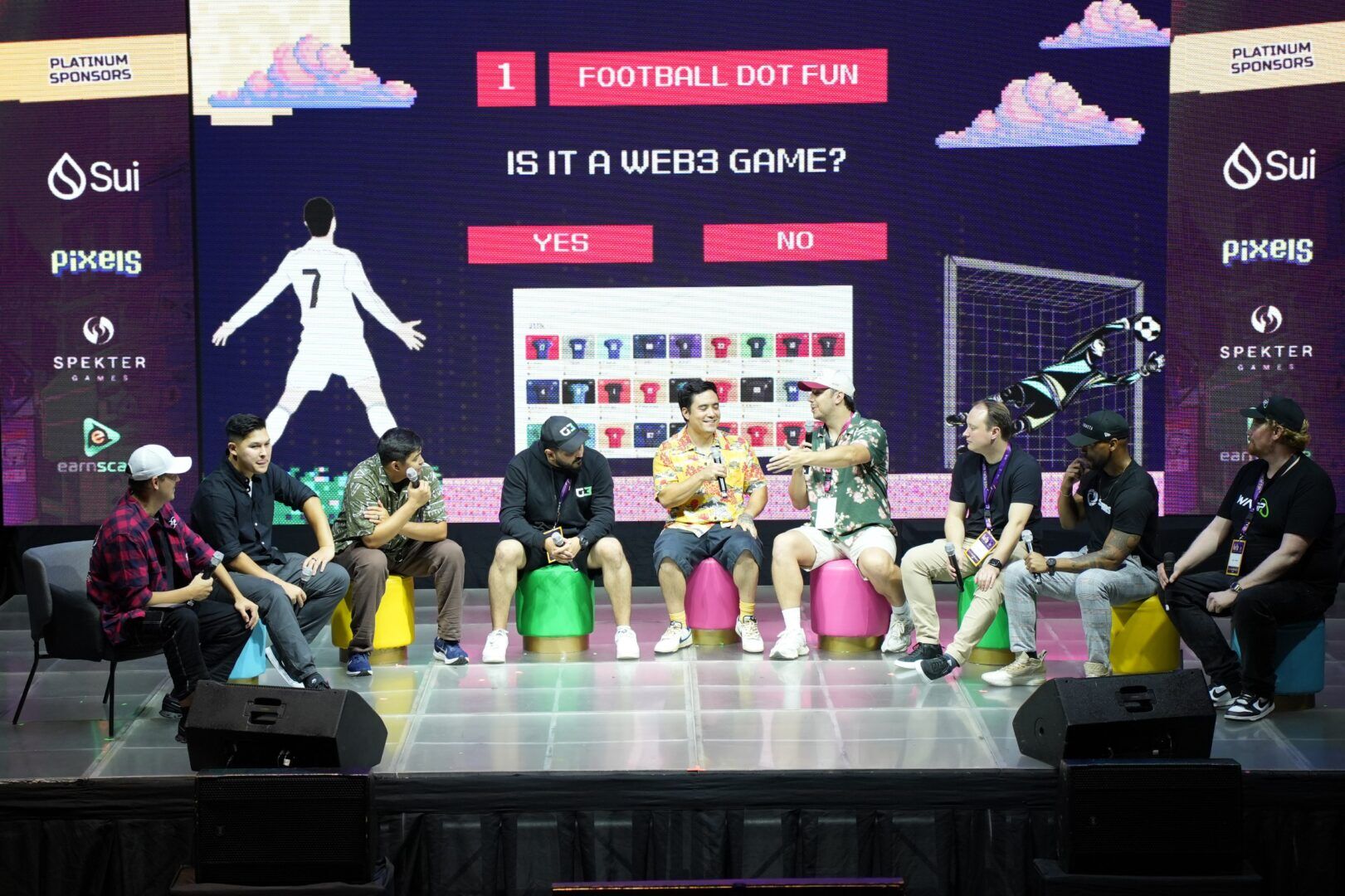
Topics included whether Football.fun qualifies as a Web3 game, the most accurate terminology for the space, and the potential of Planet-X’s new chain Gallaxia.
Throughout the sessions, the tone was clear. After years of experimentation, the next chapter of Web3 gaming will rely on trusted chains, established distribution channels, and sustainable models designed for players.
City of Play Stays Active Across Games and Events
Outside Samsung Hall, the broader YGG Play Summit continued across the City of Play. The Player District and Degen District drew large crowds, with attendees trying out games like Pixels, LOL Land, Aurory’s Amiko Legends (formerly Seekers of Tokane), GIGACHADBAT, and Last Odyssey.
In The Arena, Ubisoft’s Might & Magic: Fates held its first live invitational. YGG Esports player Tyler won the event and received $1,500 from a $5,000 prize pool. Seven other creators and trading card game pros competed using both custom and pre-built decks.
Game demos for Spekter Agency, Cambria: Gold Rush, and Amiko Legends were also featured live from the Arena stage.
YGG Pilipinas launched the ARC Quests, an interactive challenge designed to guide players across the event’s districts. Sponsors included Sky Mavis, Ubisoft, Juice Gaming News, Spekter Games, Pixels, Parallel, Aurory, Coins.ph, Vibes, Cambria, Sui, GiG, Moonshot, DWF Labs, and Realgo. Players who completed quests could redeem exclusive merch at the ARC Booth.
The YGG Play Summit runs through November 22, with two more major events to come. The $100,000 YGG Parallel Showdown and the Vibes Asian Championship will headline the Arena, while the GAM3 Awards return to Manila to name this year’s Game of the Year and Creator of the Year.
